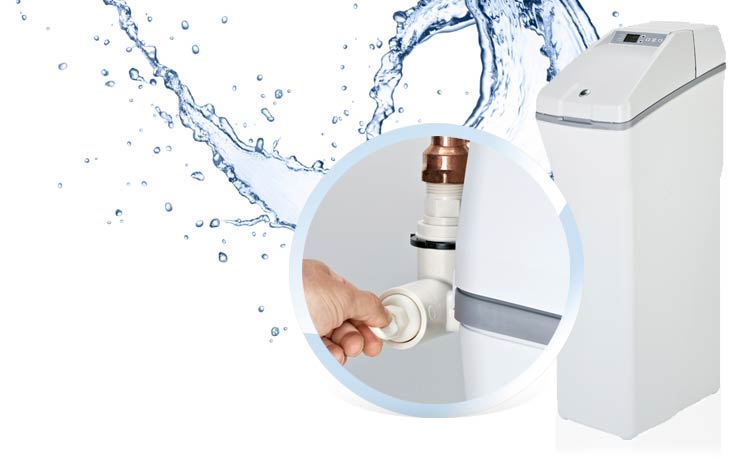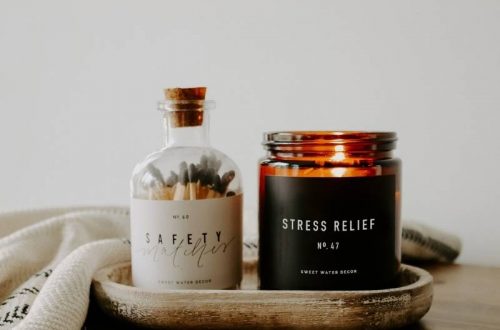
How Scaling Affects Your Water Heater
Youve probably heard the term hard water before. This may sound a bit frightening in regard to your water quality, but its really not so bad for you. Hard water means that the water supply has an excess of calcium and magnesium, and for most people, this is perfectly safe to ingest. While its safe for people, however , we cannot say the same for your plumbing.
Scaling-the deposits that get left behind from hard water-can affect your water heater worse than any other part of your plumbing. While you can clean scale out of a tap with a wrench plus some vinegar, its not easy as it pertains to your hot water heater.
How Deposits Get Left Out
Perhaps you have ever noticed a flaky white, green, or yellow accumulation around the sink deal with or the drain? This is actually the consequence of scaling-the debris that get left out because of hard drinking water. These nutrients simply do not drain away as easily as drinking water does, plus they can cling to a steel surface even while drinking water rushes through.
Thats how calcium deposits get lodged in the pipes-including those leading into and away of your drinking water heater-and in the bottom of the hot water heater container.
The Damage of Scaling
Scaling impacts your hot water heater in a number of ways. For one thing, buildup can develop in the pipes and effectively block water from moving through if it evolves a solid enough layer of mineral deposits.
More commonly noticed, though, is the damage that occurs to the water heater tank. Minerals build at the bottom of the tank and make it difficult to warmth water evenly. Decreased efficiency results and pressure levels in the tank become unbalanced. Whats worse would be that the minerals rattle around at the bottom of the tank and may pressure it to corrode through.
Indicators of Scale
Perhaps the most apparent sign that scale has effects on your hot water heater is the sound it creates when it rattles in the tank, often referred to as a popping or a knocking. This occurs as vapor bubbles try to escape at night level of sediment in the bottom of the container.
Scaling can also have an effect on the temperatures of water. This is also true with tankless drinking water heating units, as the debris coat heat exchanger and make it more challenging for drinking water to obtain the heat.
You could also notice low warm water pressure if scaling is clogging in the pipes that lead out of your hot water heater.
There are many possible approaches to treating scaling in water heaters. One is really a whole-house water filter, although this may not be as effective as you would hope against hard drinking water nutrients. For better reduced amount of nutrient ions, a whole-house normal water softener is the greatest protection-trading out hard drinking water ions for sodium.
You can and really should also have professional plumbers maintain your water heater once or twice a months, depending on how serious a hard water problem you have. Technicians can inspect and fine-tune the hot water heater and flush out minerals that could damage your tank.
check and compare Best Water Softener Reviews Top Products in on softwaterlab.com





